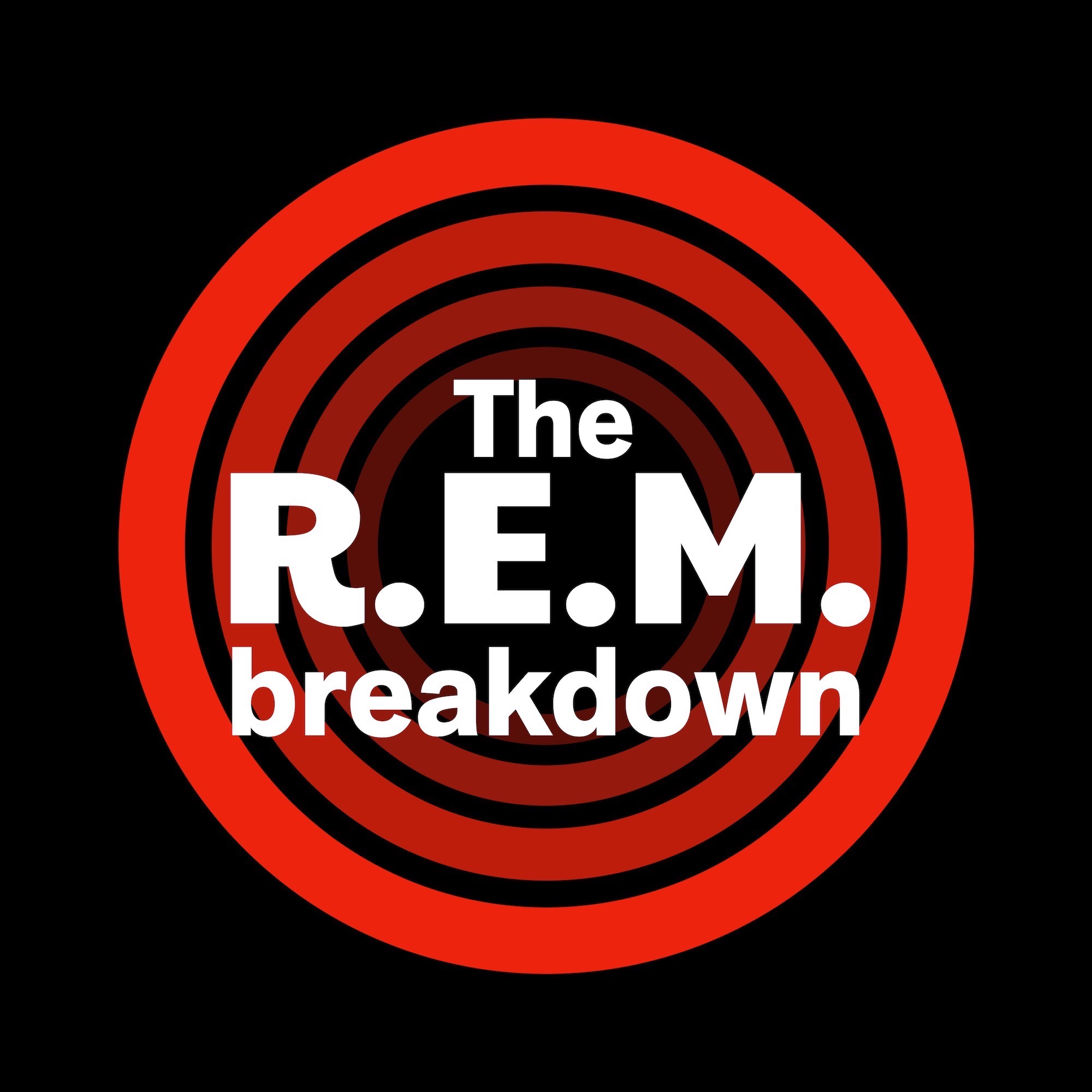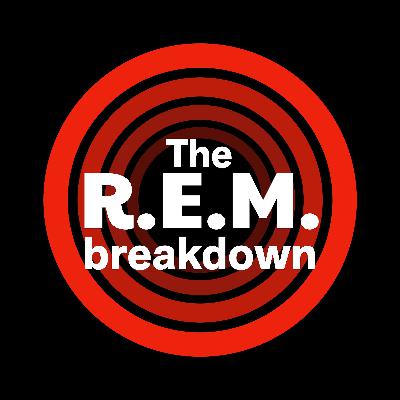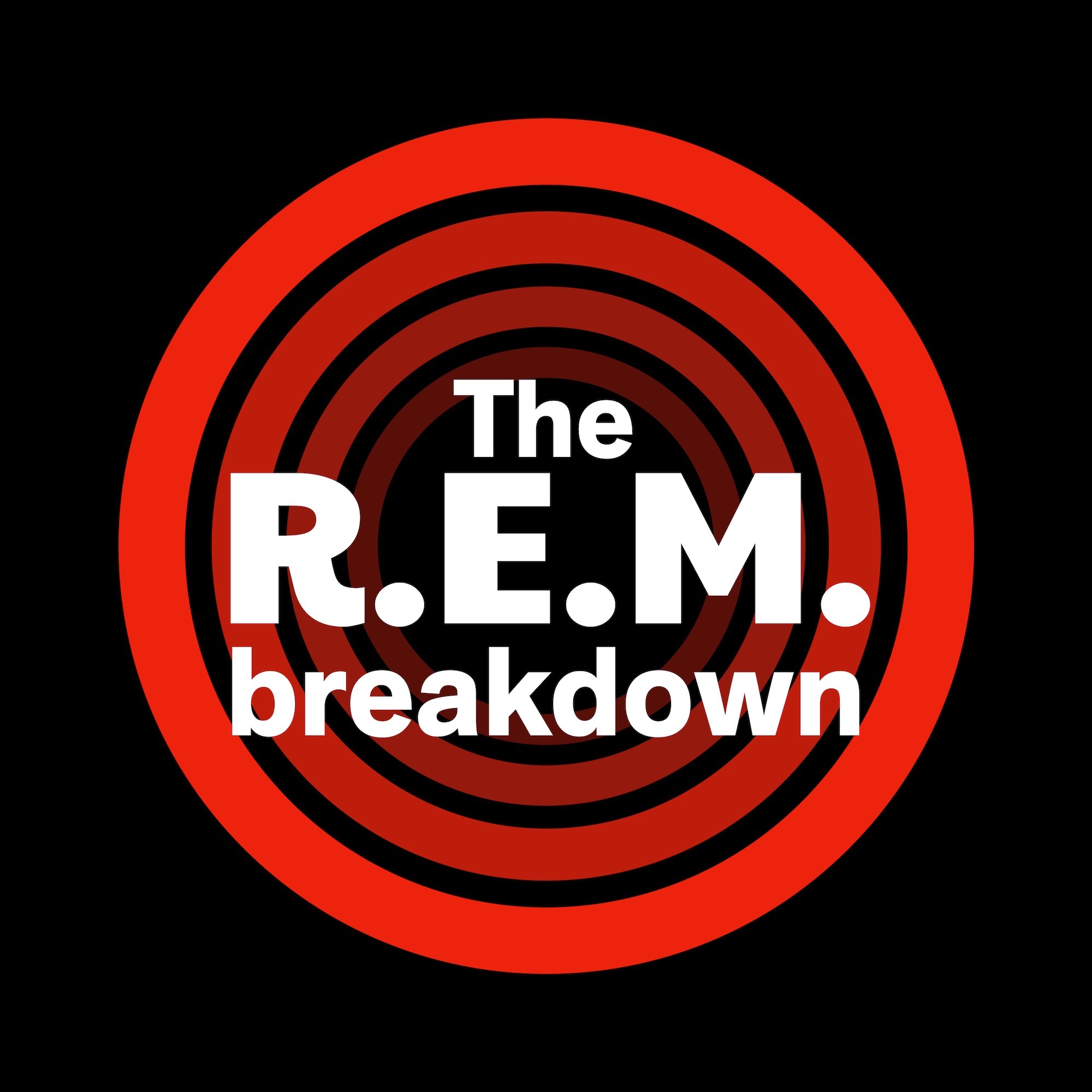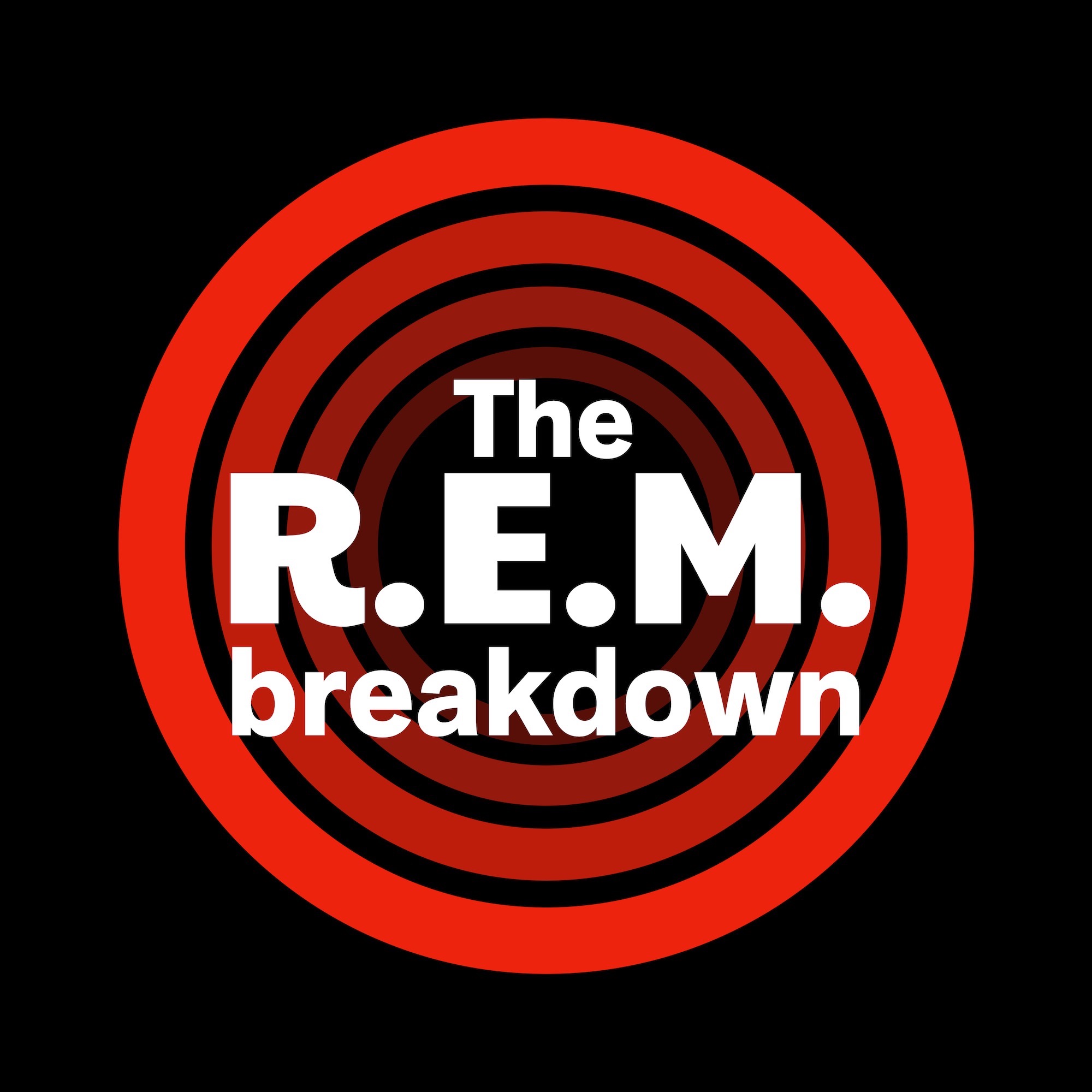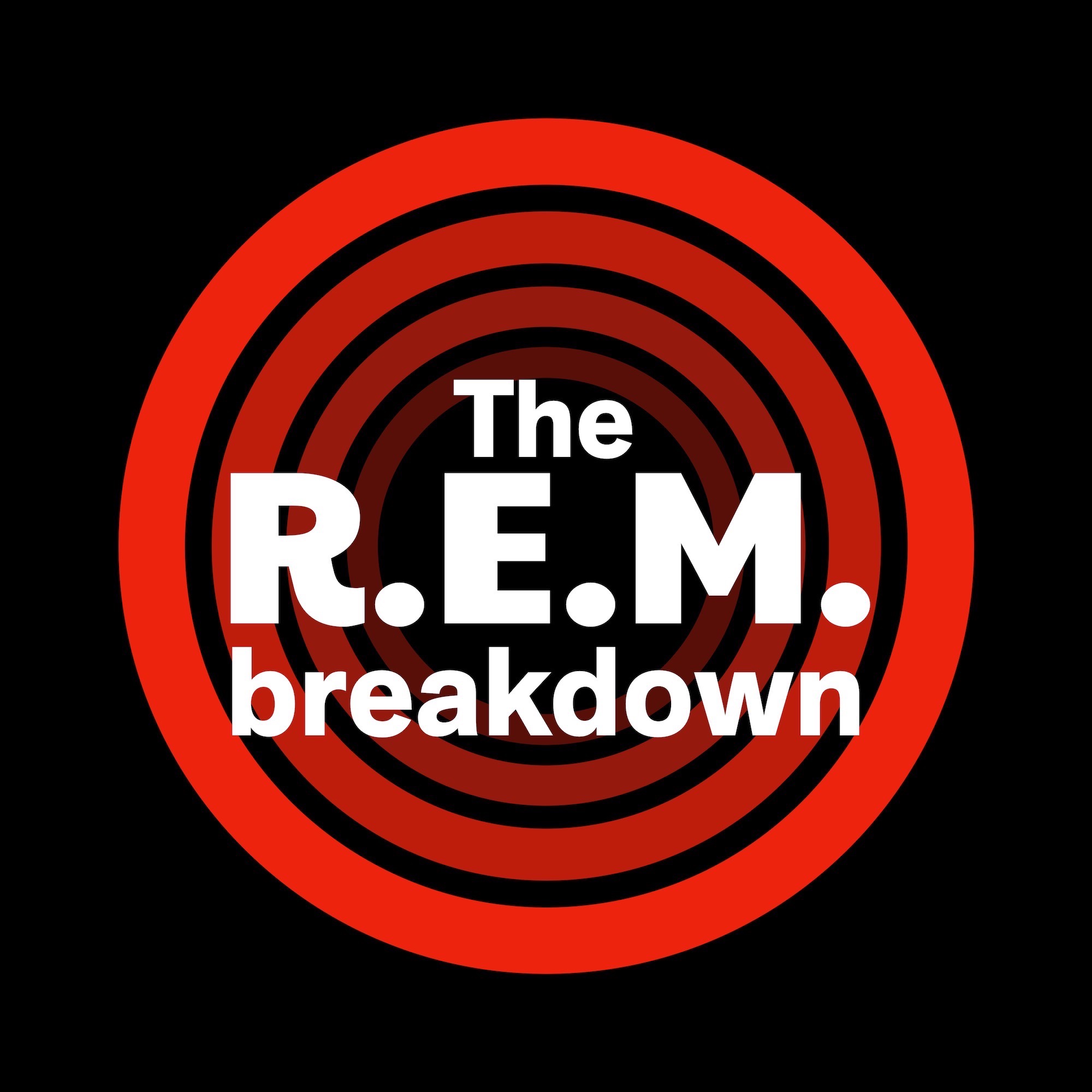 Wolves, Lower
Wolves, Lower
Description
jD and Rico are back, this week their discussing the first track from the Chronic Town EP, Wolves, Lower.
Transcript:
[0:15 ] Hey, it's J.D. here, and I'm joined, as always, by Rico Borrego to discuss the.
[0:21 ] Work of influential American band R.E.M.
Every week, we'll explore a different song in the band's catalog, working through the discography in chronological order to better understand just why this four-piece is considered soseminal, innovative, and downright awesome.
So there's that. Talk to me, Rico. How the hell are things going over there?
Oh, we're doing good. We're doing good. How are you doing?
I'm, you know, I really shouldn't complain to anybody other than my psychiatrist. So I'll spare you.
So today we are flipping the page on the hip tone era of REM.
And we are moving to the IRS era where REM will live for the next about six or seven years.
Years and they started that journey with an ep called chronic town and we're going to cover the first track off chronic town today uh wolves lower what are your initial thoughts on chronictown frico chronic town i okay going back once i heard the band and i was kind of basically going from from their most recent album all the way back to the beginning.
[1:42 ] I thought I was going to have a mixed bag opinion on it.
I thought I was going to be a little bit like, oh, I don't love the production, or maybe I don't think the songwriting's as tight.
But I actually think for a debut EP, I don't know if there's a band that has a better debut EP than them.
Oh, wow. That's a big challenge. If we're not talking about albums, albums but like you know when a band releases something before an album like their first studio album i don't know ifyou're getting any better because i mean this has some of their you know i think some of their best early songs yeah i would i can't argue with that i mean only five songs so i mean butespecially these first three i mean i think they're gold i think they're gold On the Chronic Town side of the album.
The other side of the album is called what? Poster Torn? Yeah, Poster Torn.
Poster Torn. I think they did that for almost every, I think there's one or two, maybe after Warner Brothers, where they stopped doing that.
But yeah, they would always have first side of the LP named something and then the other side named something else, which I loved.
I don't know if any other band really did that.
I've seen a couple bands do it, but not consistently. Not like every release.
But yeah, I'm trying to think off the top of my head right now, and yeah, I can't.
[3:09 ] You know, maybe it should be pointed out, too, that they were a band that never included the lyrics.
Up until, I think, Green was the first time they included any lyrics to any songs in the liner notes.
[3:24 ] I have an original vinyl copy of Chronic Town.
And he's holding it up right now. I'm jealous as a son of a bitch.
The original IRS sticker on it and shrink wrap on it.
And yeah, it didn't come with any liner notes, no lyrics.
And I think that was definitely intentional. I think Michael's even got a record saying the first couple albums, half the time he was just mumbling, coming up with lyrics.
Yeah. I haven't written down that the simple lyrics are more of a melodic soundscape.
Yes. you know, is sort of how he handles these, uh, these lyrics.
You can almost see him probably, you know, performing a song live and, and substituting words, you know, in some cases, but keeping that melodic vibe, you know, to, um, you couldn'tchange something as comp as, as, uh, recognizable as like housing or, or you can change that.
But some of his other lyrics, you know, you could probably, uh, fuck around with a little bit.
Yeah, he almost, in the first couple albums, he was almost just like another instrument, almost.
Ooh, that's nice. I like that. Yeah, I mean, he was just playing counter melodies to Mike's bass line or Peter's guitar, you know, chord changes, you know, like, And I mean, that that kind ofstood true throughout the rest of the discography, but especially on these first couple albums.
[4:52 ] And, you know, this album has a somewhat, you know, this EP, I guess, has a somewhat interesting history.
[5:01 ] You know, after Radio Free Europe in 1981, their manager at the time, Jefferson Holt.
He was like okay i think this band is ready for a bigger release but they decided not an album yet let's do an ep yeah and because radio free europe had some minor success for them umthey caught the attention of irs right and originally actually the band was going to release the ep on their their manager's self-run independent record label called Dash Hopes.
Oh, so it was never going to be part of HipTone?
Originally, no. Oh, wow. Their manager was like, I started my own record label, and we could put it out on there.
But then IRS was like, oh, yeah, we love Radio Free Europe.
And they made it. And IRS, pretty influential. Just a handful of the bands that they had on their roster, The Go-Go's, The Fall, The Bangles, Concrete Blonde, Black Sabbath, Fine YoungCannibals, Gary Newman, Oingo Boingo, just to name a few.
[6:09 ] You know, it kind of makes sense you naming those bands because I feel like REM and those other bands have kind of similar things in common, you know? They share some DNA.
Yeah, their sound, they're kind of, all those bands I felt like at the time sounded new and fresh. Right. Right.
And, you know, IRS, the band went into a studio called The Drive-In. That's right, yeah.
[6:39 ] It's in Salem, North Carolina. Yep. And they recorded these songs.
And actually, the original track list had, instead of the song we're talking about today, Wolves Lower, originally had the songs Ages of You and then an unreleased song called called jazzlips which yeah i just this morning decided to see if i could find it and i found it on youtube you did i it's on youtube i don't know if i'd recommend listening to it because whoeveruploaded it like i i don't know if it was recorded this way or if this is just the only way this person can upload it to youtube but it sounds terrible like the mix oh it just it sounds if youthought radio for europe the hip tone version sounded like a little muddy like this is just just almost unlistenable. Oh, wow.
Um, but, and it also just sonically sounds the most out there compared to these other songs has a lot of like, bleeps and boops on it huh like some keyboard parts and some looping andyeah it's it's weird and actually i think one of the best things irs did was uh two of the guys from irs were like yeah we we think this ep would be better if you took off ages of you and jazzlips and include wolves lower that's right and but we need you to slow it down a little because you need to re-record it.
Just like with Radio Free Europe, they're like, it's a little too fast.
[8:06 ] Have you heard the original? Yeah, and it is a little faster.
Okay. But, I mean, other than that, like, everything's pretty much the same.
I think there's even less differences with those two than with the two versions of Radio Free Europe.
Well, talk about a Herculean task as well. They went into the studio, like, a mere two months before the EP was released.
They went in in June, and the album was released August, what, August 24th.
A 82 and they went into the studio in june to do this re-record uh that's you know that's a pretty quick turnaround yeah and um it's to mitch mitch easter the producer he was like this waskind of the band's first time in a proper studio and even though he said the studio setup was very simple he was like that's right this was their first time being able to experiment withrecording and in And different, you know, the mechanics when it comes to recording.
Yeah, and we'll get into some specifics once we talk about the actual songs.
Some of the recording techniques that they did, you know, that they did use.
[9:12 ] And we'll get into that a little bit more after we listen to Wolf Slower.
What else do you have? You know, I think just for the EP itself...
I want to say that's probably it. I mean, it was successful for the band.
I know the EP is a fan favorite.
Yeah. Like, people consider the EP as strong as Murmur or anything else the band did afterwards.
I think it stands out. Yeah. I think it sounds great. I mean, 42 years old, for heaven's sake.
Yeah. And I think it was, you were actually mentioning it earlier.
[9:53 ] A couple years ago they reissued the album for record store day on a picture disc oh i thought i said i read it was a baby blue disc well maybe there was there might have been twothen because i've seen it's a numbered disc as well like they're numbered up to five thousand there's only five thousand of them because i was on discogs trying to buy one they're a littletoo rich for my blood right now oh you know what okay so yeah in 2010 they did yeah you're right the the blue vinyl but then i think just maybe two years ago for the 40th anniversarythey did the the full the full-size picture disc where it's just the the gargoyle the the album cover okay on the actual and i've seen that at my record store and um i almost bought it and theni went back a couple weeks later and got lucky and found the original i was like okay well i had my pick yeah that's amazing well while you've got the vinyl in your hand what do you youmake of the album cover?
I think it's really cool. I mean, it's...
[10:57 ] It's interesting because, you kno

